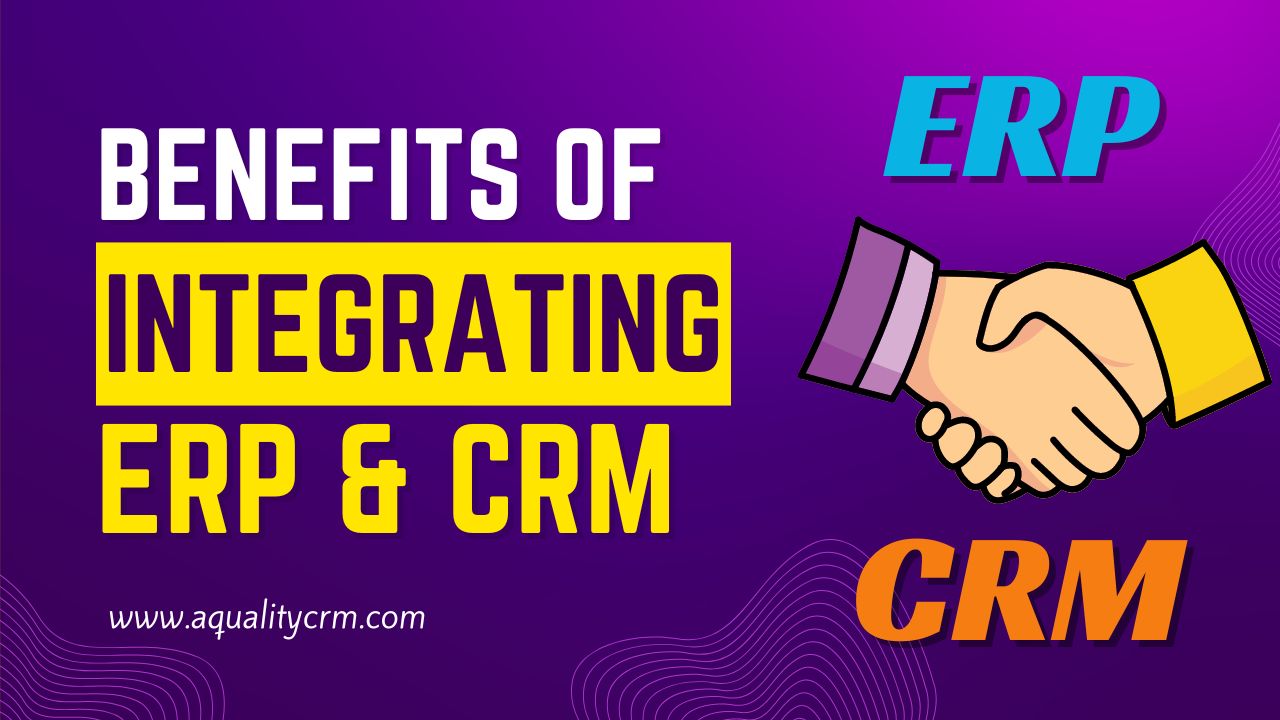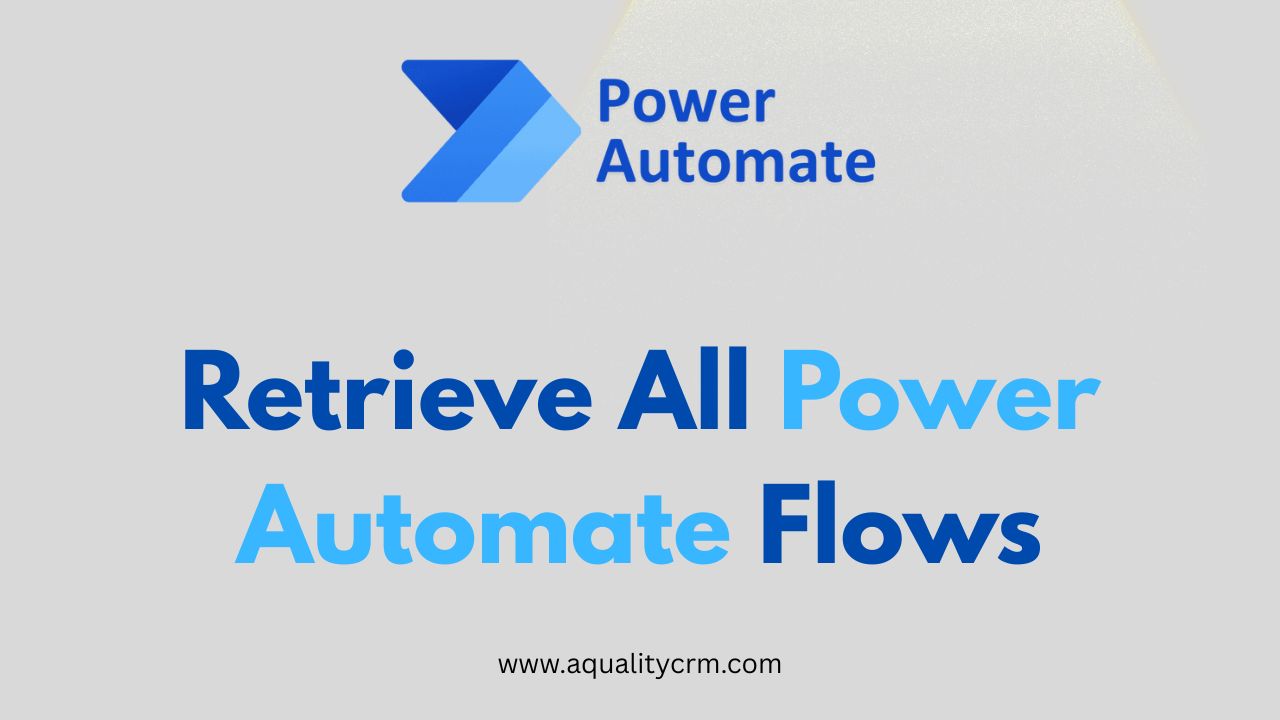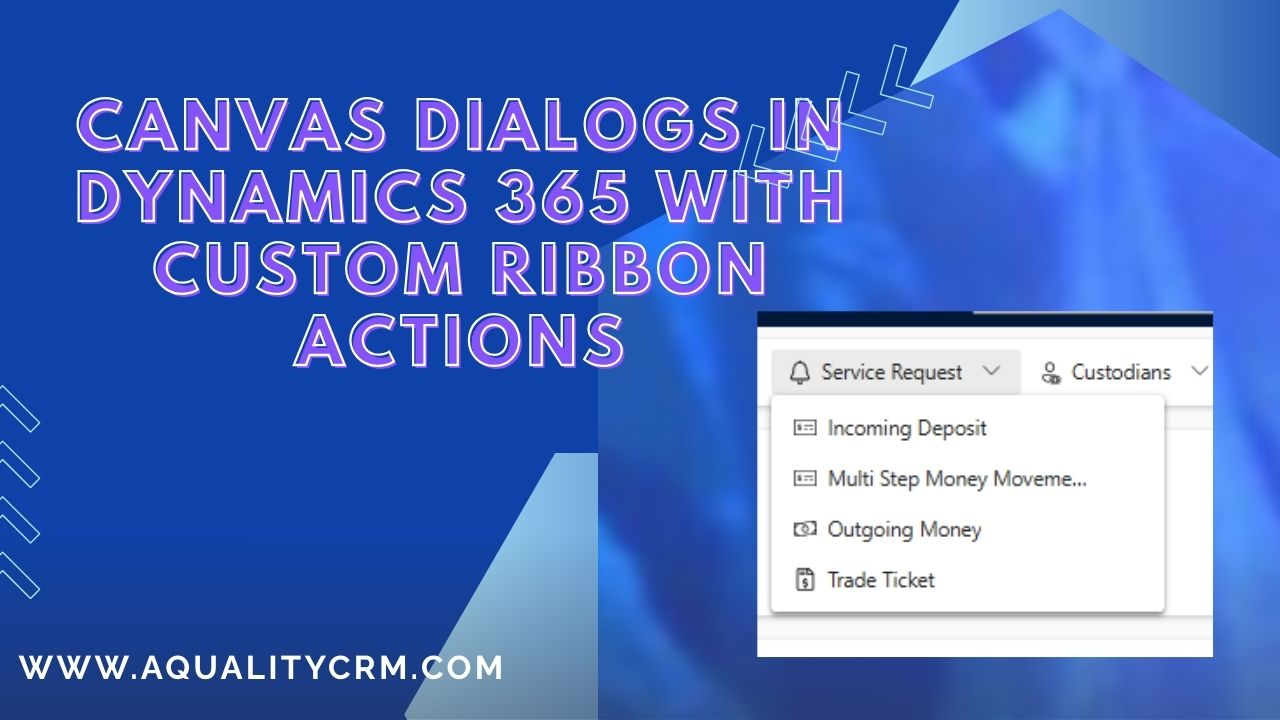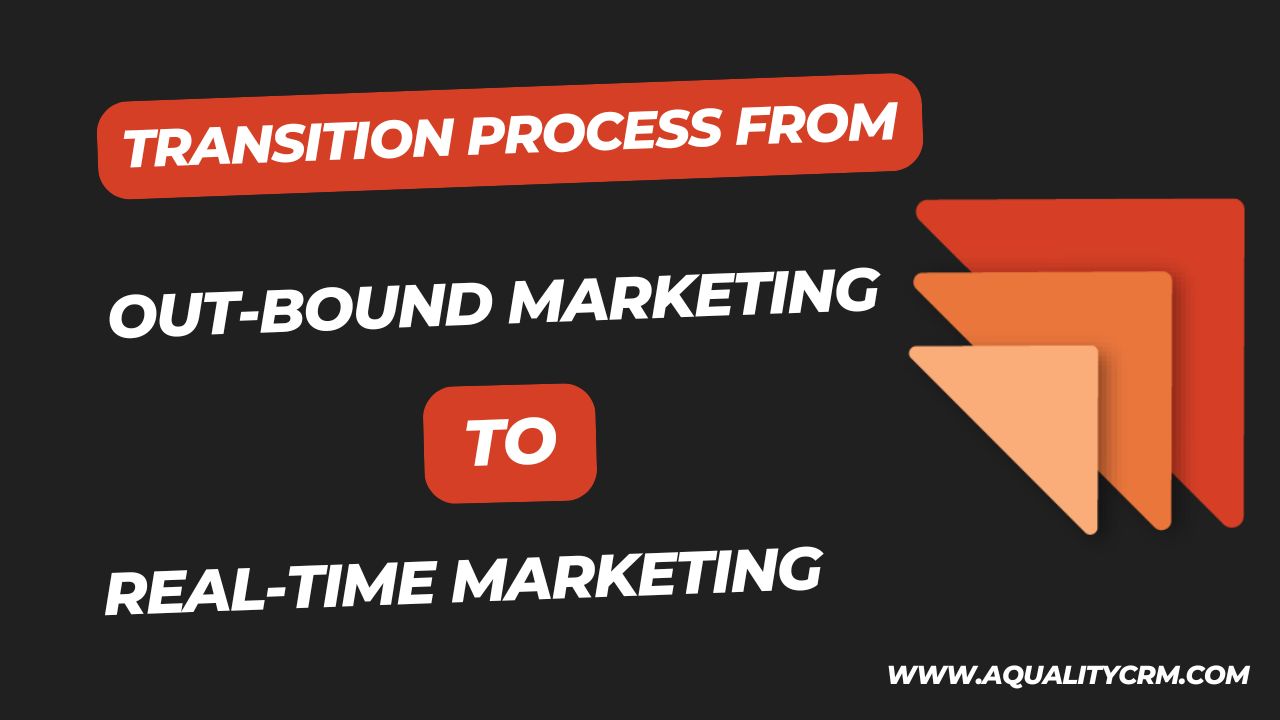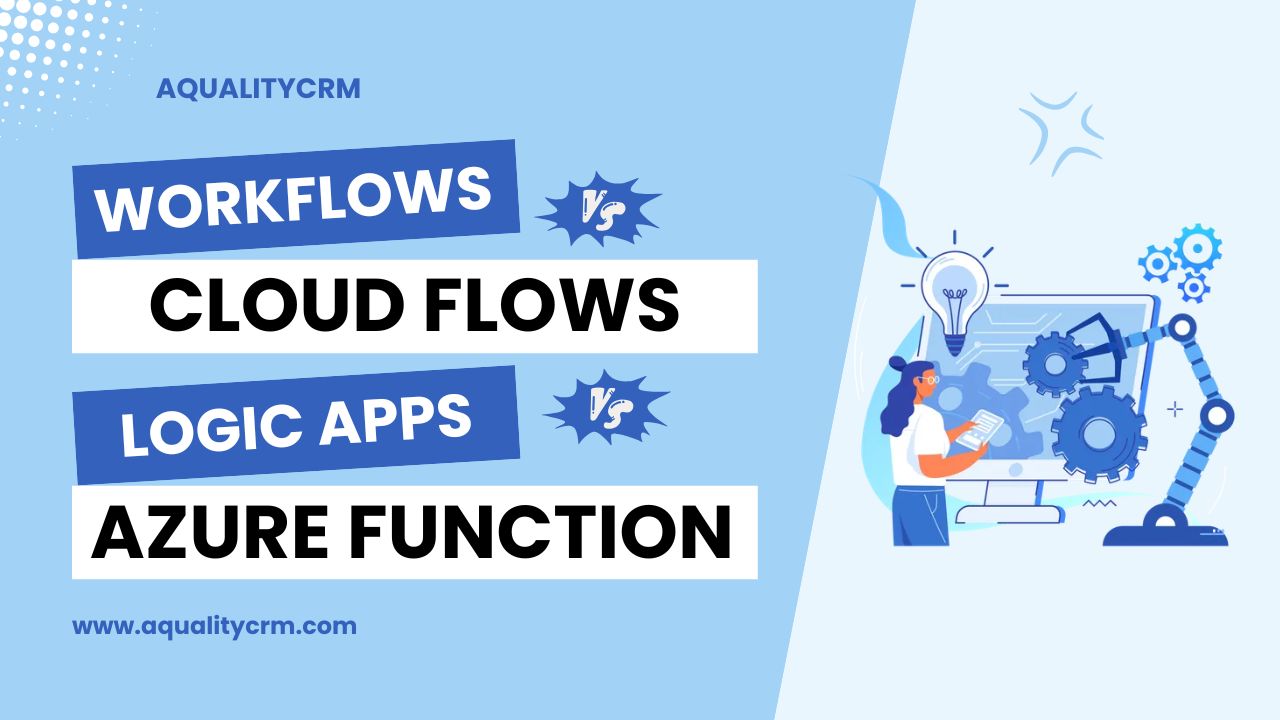Integrating ERP (Enterprise Resource Planning) with CRM (Customer Relationship Management) can yield numerous benefits for an organization, enhancing efficiency, collaboration, and customer satisfaction. Here are some key benefits of integrating ERP with CRM from a logical perspective:
360-Degree View of Customers:
Integrating ERP with CRM provides a unified view of customer data across departments. This comprehensive view includes sales history, order status, payment information from ERP, along with interactions, preferences, and support requests from CRM. This holistic view enables employees to deliver personalized and consistent customer experiences.
Improved Sales and Marketing Alignment:
Integration between ERP and CRM facilitates seamless communication and data sharing between sales and marketing teams. Sales representatives can access customer data from CRM, such as buying behavior and preferences, to better understand customer needs and tailor their sales approach. Likewise, marketing teams can use ERP data to create targeted campaigns based on customer purchase history and product preferences.
Streamlined Lead-to-Cash Process:
Integrating ERP with CRM streamlines the lead-to-cash process by automating data transfer and workflows between sales and finance departments. When a sales opportunity is won in CRM, relevant data such as customer information, pricing, and order details can be automatically transferred to ERP for order processing, invoicing, and fulfillment. This reduces manual errors, accelerates order processing, and improves cash flow.
Enhanced Customer Service:
Integration between ERP and CRM enables customer service agents to access comprehensive customer information, including order history, billing status, and service requests, in real-time. This empowers agents to resolve inquiries more efficiently, provide accurate information, and offer personalized support, leading to higher customer satisfaction and loyalty.
Inventory and Supply Chain Optimization:
Integrating ERP with CRM provides visibility into inventory levels, demand forecasts, and supply chain operations. Sales forecasts and customer orders from CRM can be synchronized with ERP inventory management, procurement, and production planning systems. This helps organizations optimize inventory levels, reduce stockouts, minimize excess inventory, and improve overall supply chain efficiency.
Data Consistency and Accuracy:
Integration between ERP and CRM ensures data consistency and accuracy across systems by eliminating duplicate data entry and synchronization errors. Changes made in one system are automatically reflected in the other system in real-time, ensuring that all departments have access to the most up-to-date information.
Business Intelligence and Analytics:
Integrated ERP and CRM data provide valuable insights into customer behavior, sales performance, and operational efficiency. Business intelligence and analytics tools can analyze combined data sets to identify trends, patterns, and opportunities for optimization. This enables organizations to make data-driven decisions, refine strategies, and drive business growth.
Cost Savings and Efficiency:
By eliminating manual data entry, reducing administrative overhead, and optimizing business processes, integration between ERP and CRM leads to cost savings and improved operational efficiency. Employees spend less time on repetitive tasks and more time on value-added activities, leading to increased productivity and profitability.
Overall, integrating ERP with CRM enables organizations to break down departmental silos, improve collaboration, and deliver exceptional customer experiences throughout the entire customer lifecycle. It enhances operational efficiency, drives revenue growth, and positions organizations for long-term success in today’s competitive business landscape.

